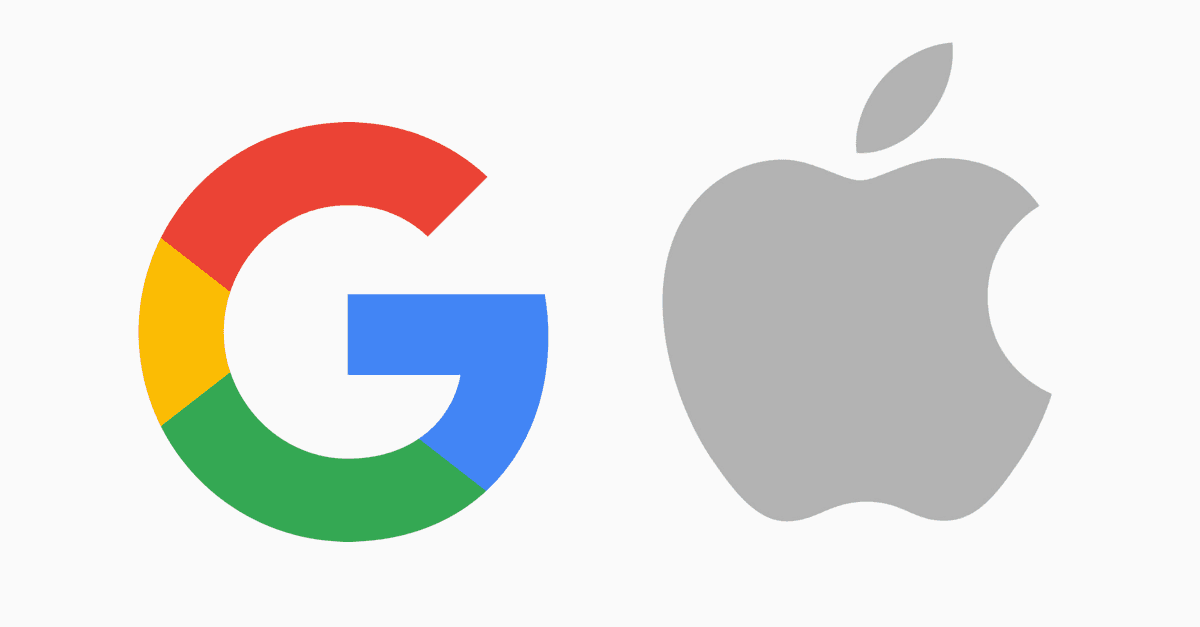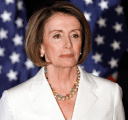Education
The Future of Global Trade: Will Bitcoin Replace the U.S. Dollar?

For decades, the U.S. dollar has dominated global trade. Nearly 60% of all foreign exchange reserves are held in USD, and most commodities—like oil—are priced in dollars. But cracks are forming in the system. Nations like China, Russia, and Brazil are looking for alternatives, and the rise of cryptocurrencies, especially Bitcoin, has sparked a new question:
Could Bitcoin become the world’s next reserve currency?
Let’s break it down.
How Global Trade Works Today (And Its Biggest Problem)
International trade depends on trusted, stable currencies. The U.S. dollar took the lead after World War II because:
The U.S. had the largest, most stable economy.
Oil and commodities were priced in dollars (the "petrodollar" system).
Global banks used dollars as their preferred settlement currency.
But here’s the issue: Fiat currencies are controlled by governments. When the U.S. prints more money (which it has done aggressively in recent years), it weakens the dollar’s value, fuels inflation, and creates ripple effects across global markets.
Some countries aren’t happy about this. That’s where Bitcoin comes in.
Why Bitcoin Could Challenge the Dollar in Global Trade

Bitcoin is decentralized, meaning no single country controls it. Unlike traditional currencies, it has a fixed supply of 21 million coins, making it immune to inflationary policies. These factors make it an attractive alternative for nations looking to bypass the traditional banking system.
Here’s why Bitcoin is gaining traction in international trade:
No Government Control – Countries like Russia and Iran, facing U.S. sanctions, have started exploring Bitcoin for trade to avoid the traditional financial system.
Lower Transaction Costs – Sending Bitcoin across borders is often cheaper and faster than using bank wires or SWIFT payments.
Fixed Supply = Hedge Against Inflation – Unlike fiat currencies, Bitcoin’s limited supply means its value can’t be diluted by central banks.
Neutral Reserve Asset – Bitcoin isn’t tied to any government, making it a potentially fairer global settlement currency.
But despite these advantages, Bitcoin faces massive hurdles before it can replace the dollar.
The Roadblocks: Why Bitcoin Isn’t the Global Reserve Currency (Yet)

1. Volatility Is Still a Huge Problem
Bitcoin’s price has swung from $68,000 to $16,000 and back up again. No country wants to settle billion-dollar trade deals in an asset that can drop 10% overnight. Stability is key for a reserve currency, and Bitcoin hasn’t proven itself here.
2. Governments Won’t Give Up Control Easily
The U.S. and other economic powerhouses benefit enormously from having their own currencies dominate trade. If Bitcoin became the standard, the Federal Reserve would lose influence over global markets, and that’s not happening without a fight.
3. Adoption Is Still Limited in Global Finance
While some countries have experimented with Bitcoin (El Salvador made it legal tender, and Russia has hinted at using it for trade), major economies and corporations still settle in dollars, euros, or yuan. Until central banks start holding Bitcoin in their reserves, it won’t truly challenge the USD.
4. Security and Regulation Concerns
Bitcoin operates outside traditional financial systems, but that also means it’s harder to regulate and secure. Governments are still figuring out how to manage crypto-related fraud, theft, and illicit transactions.
So… Will Bitcoin Ever Become the Global Reserve Currency?
Right now, Bitcoin is a niche asset in global trade, used primarily by countries avoiding sanctions or exploring financial alternatives. But for it to become the global reserve currency, it would need to:
Reduce volatility (which may happen as adoption grows).
Gain institutional backing from central banks and major financial players.
Overcome government resistance (which won’t be easy).
A more likely scenario? Bitcoin coexists with fiat currencies as a parallel system. Countries and corporations may use it for specific transactions, but the dollar isn’t going anywhere—at least not yet.
The shift away from USD dominance is real, but whether Bitcoin takes its place or another system emerges (like a digital BRICS currency) is still up for debate.
Final Thoughts
Bitcoin is reshaping global finance, but calling it the next reserve currency is premature. Its role in international trade is growing, but it still faces major barriers before replacing the dollar.
What do you think? Will Bitcoin ever become the global standard, or is the world not ready yet?
Disclaimer: The information presented is for educational purposes only and not an offer or solicitation for any specific investments. Investments involve risk and are not guaranteed. Consult with a financial adviser before making any investment decisions. Past performance does not guarantee future results.
Automate any portfolio using data-driven strategies made by top creators & professional investors. Turn any investment idea into an automated, testable, and sharable strategy.





